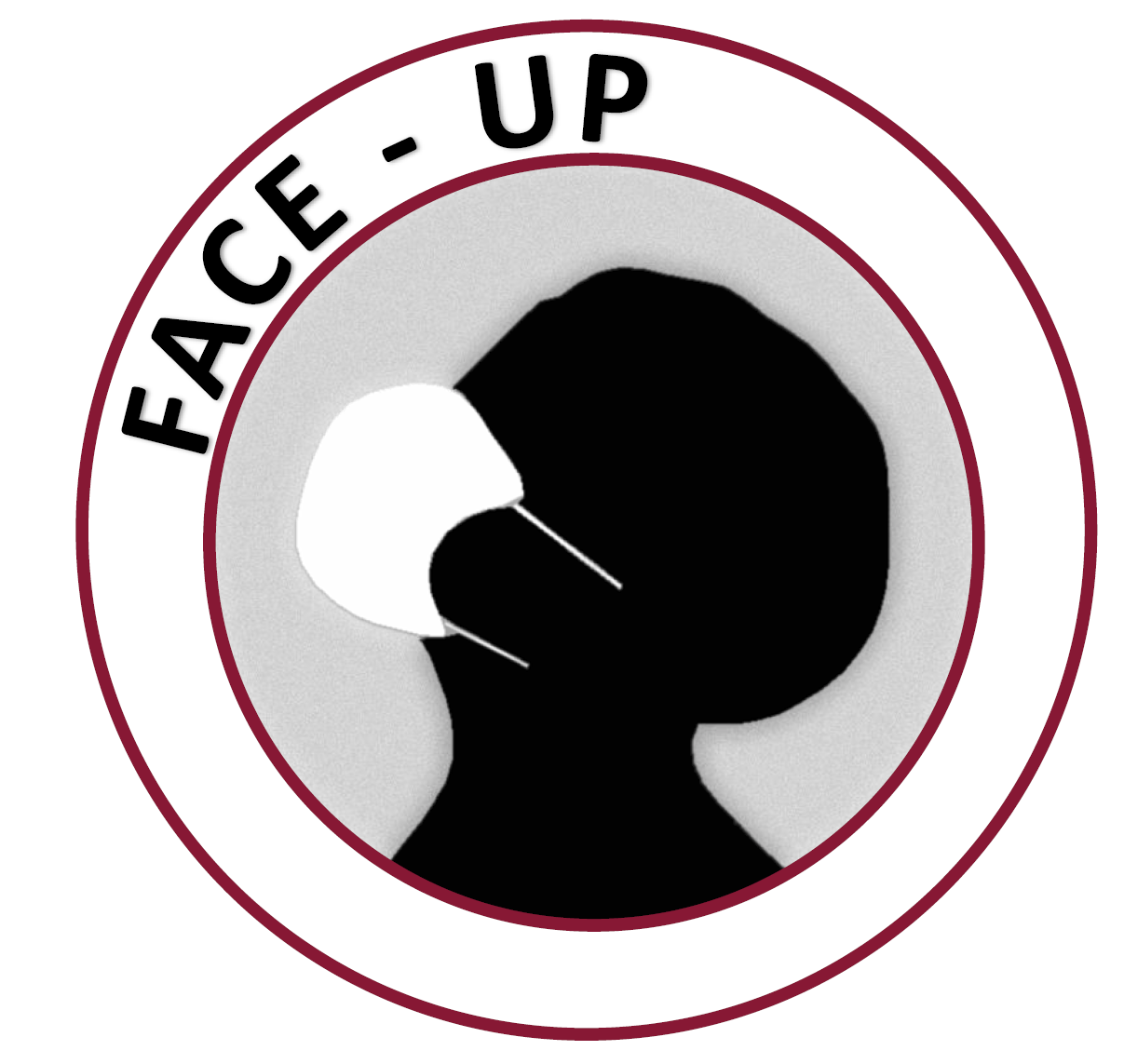We will provide evidence on how the Indonesian and Nepalese governments and NGOs manage air pollution exposures, in terms of providing public advice and promotion of protective behaviours.
We will evaluate the policies and/or formal management strategies currently in place for reducing children’s particulate air pollution (PAP) exposure in Indonesia and Nepal, mapping onto the Intervention Functions and Policy Categories of the BCW [see WP4]. The research will result in a matrix describing policies/programmes, implementation and monitoring, and highlighting gaps and strategies for engagement with key stakeholders, as well as identifying how the findings of the FACE-UP project can be incorporated.
1) Literature review and analysis: Key literature and policy documents in the two countries, and other countries in SE/S Asia, will be collated and analysed, including goals, policy, regulations, authority, and mechanisms, to examine the ways in which public, private, and civil society actors and institutions are committed to PAP management goals, exercise influence and authority, or hinder the achievement of the goals.
2) Stakeholder mapping and engagement: We will identify and contact key stakeholders (external to the consortium), in order to build a collaborative network towards PAP management and to initiate buy-in commitments. We will then conduct three thematic FGDs, with the stakeholders with gender balance consideration, in each country on a) problem identification, b) policy evaluation and agenda formation, and c) future sustainability and local ownership by key stakeholders.
3) Qualitative review of political effectiveness: To evaluate the capacity of actors and institutions to achieve effective implementation of health interventions, interviews will be conducted with 20-25 representatives from key stakeholders in each country.
